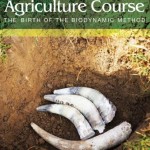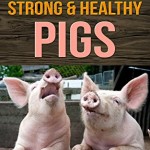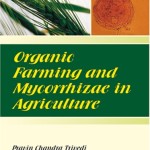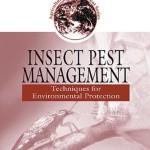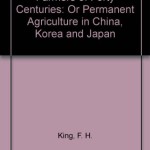
This historic book may have numerous typos and missing text. Purchasers can usually download a free scanned copy of the original book (without typos) from the publisher. Not indexed. Not illustrated. 1911 edition. Excerpt: …boy could neither speak nor understand a word of English, but the hotel proprietor had instructed him where to go. We plunged into the narrow streets of a great Chinese city, the boy running wherever he could, walking where he must on account of the density of the crowds or the roughness of the stone paving. We had turned many corners, crossed bridges and passed through tunneled archways in sections of the massive city walls, until it was getting dusk and the ricksha man purchased and lighted a lantern. We were to reach the college in thirty minutes but had been out a full hour. A little later the boy drew up to and held conference with a policeman. The curious of the street gathered about and it dawned upon us that we were lost in the night in the narrow streets of a Chinese city of a hundred thousand people. To go further would be useless for the gates of the mission compound would be locked. We could only indicate by motions our desire to return, but these were not understood. On the train a thoughtful, kindly old German had recognized a stranger in a foreign land and volunteered useful information, cutting from his daily paper an advertisement describing a good hotel. This gave the name of the hotel in German, English and in Chinese characters. We handed this to the policeman, pointing to the name of the hotel, indicating by motions the desire to return, but apparently he was unable to read in either language and seemed to think we were assuming to direct the way to the college. A man and boy in the crowd apparently volunteered to act as escort for us. The throng parted and we left them, turned more corners into mors unlighted narrow alleyways, one of which was too difficult to permit us to ride. The escorts, if such they were,…
Read More →